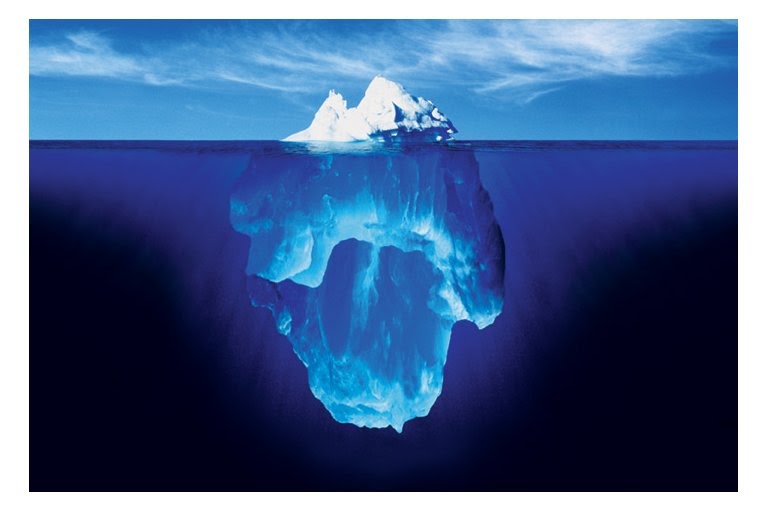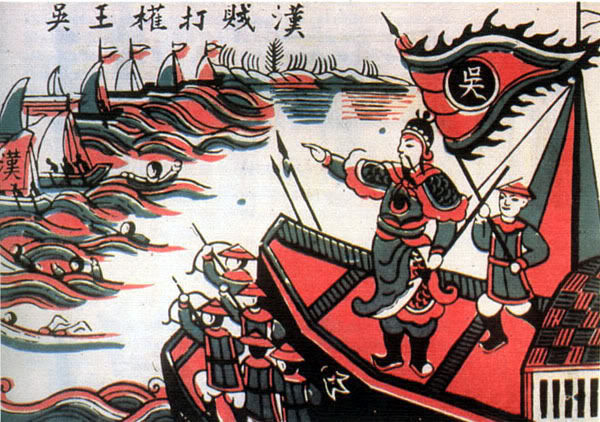The term “paradigm shift” is often used by academics. It is a term that was created by Thomas Kuhn in his 1962 book, The Structure of Scientific Revolutions. While the term had a specific meaning related to the hard sciences in that book, scholars today in other fields often use it in a more general sense to talk about a change that takes place when a long-held view about something gets overturned.
How does a paradigm shift come about? Well it is usually the case that people start to notice ways in which a certain view or interpretation of something doesn’t make sense. Then eventually someone takes this evidence and makes a strong argument in support of a new way of viewing or interpreting something, and this leads people to stop viewing/interpreting the issue or event in the old way and to adopt this new perspective.
I recently mentioned Lien-Hang Nguyen’s new book, Hanoi’s War: An International History of the War for Peace in Vietnam. This book has the potential to bring about a paradigm shift, because it challenges many long-held views about the war, and it does so by providing lots of evidence which does not support the existing interpretation.
Where does that evidence come from? First, from Lien-Hang’s work in archives from the around the world. And second, from the work that other scholars have recently conducted on this topic, as these other studies likewise provide evidence that shows that the dominant paradigm is inaccurate.
This then leads to certain questions. If other scholars have already provided evidence which counters the existing paradigm, why hasn’t it changed already? What has to happen for a paradigm to finally change?
These are difficult questions to answer. One can never predict when exactly a paradigm will get overturned. A scholar can know all his/her career that certain things that people think and say are not true, but those views may never change in a given scholar’s lifetime.
In other cases, however, the way a certain topic or field is viewed can change radically in a short period of time.
This then brings us to Vietnamese history. There are many explanatory paradigms about the Vietnamese past that are inaccurate, and which many people know are inaccurate. We could create a list that could go on and on.
Many people really believe that there was a kingdom called Văn Lang in the first millennium BC that was ruled over by Hùng Kings.
Many people have no idea how completely the way that educated Vietnamese viewed the world was transformed in the twentieth century, and as a result, uncritically make use of modern terms like “dân tộc” when they talk about the period prior to the twentieth century (when Vietnamese intellectuals in the first half of the twentieth century made it clear that this was a new concept to them).
Many people believe that the idea that Vietnamese have “always been resisting foreign aggression” has been part of the consciousness of “the Vietnamese” since the beginning of time, and do not see that this is a modern discourse that was created in the twentieth century to rally people to do precisely what they were not doing—resisting.
These views are part of a paradigm, a way of viewing the past, and there is a great deal of evidence that counters this paradigm and its numerous elements. There are also many people who realize that this paradigm is not accurate, and yet the paradigm persists.
Why does it persist? It persists outside of Vietnam because so few people outside of the country produce knowledge about the Vietnamese past. It is therefore difficult for enough evidence to accumulate to finally attract enough people’s attention.
Within Vietnam paradigms persist for various reasons. People do not look at Vietnamese history comparatively and therefore do not see the ways in which developments in Vietnamese history fit with historical developments in other areas, and they then make statements about the Vietnamese past which don’t make sense in a comparative context.
People have not been exposed to many ideas and theories that have become common knowledge in the West over the past several decades, something I wrote about here.
Finally, in some ways political legitimacy is tied to the existing paradigms, and that makes it difficult for people to challenge existing paradigms because there is the potential that their scholarship might be interpreted as a political challenge (which of course it shouldn’t be, but one can’t control how other people think).
So if you are a scholar and you see that an existing paradigm is not accurate, what do you do?
One approach is to introduce new ideas that change an outdated view, but that don’t touch upon topics that can be seen as “politically sensitive.” There is recent good work which some scholars have conducted on the history of international trade, for instance, which does this. These scholars use theories and perspectives that are employed by scholars from around the globe, and in the process they engage in an international scholarly dialog, and produce new perspectives about the Vietnamese past.
That is good, but at the same time it leaves all of the problematic fundamental issues in Vietnamese history untouched. So ultimately, little changes. That said, it may be the wiser way to introduce new ideas. Or we might live our entire lives knowing that so much that is written and said about the Vietnamese past is incorrect, without ever seeing any of it change.


